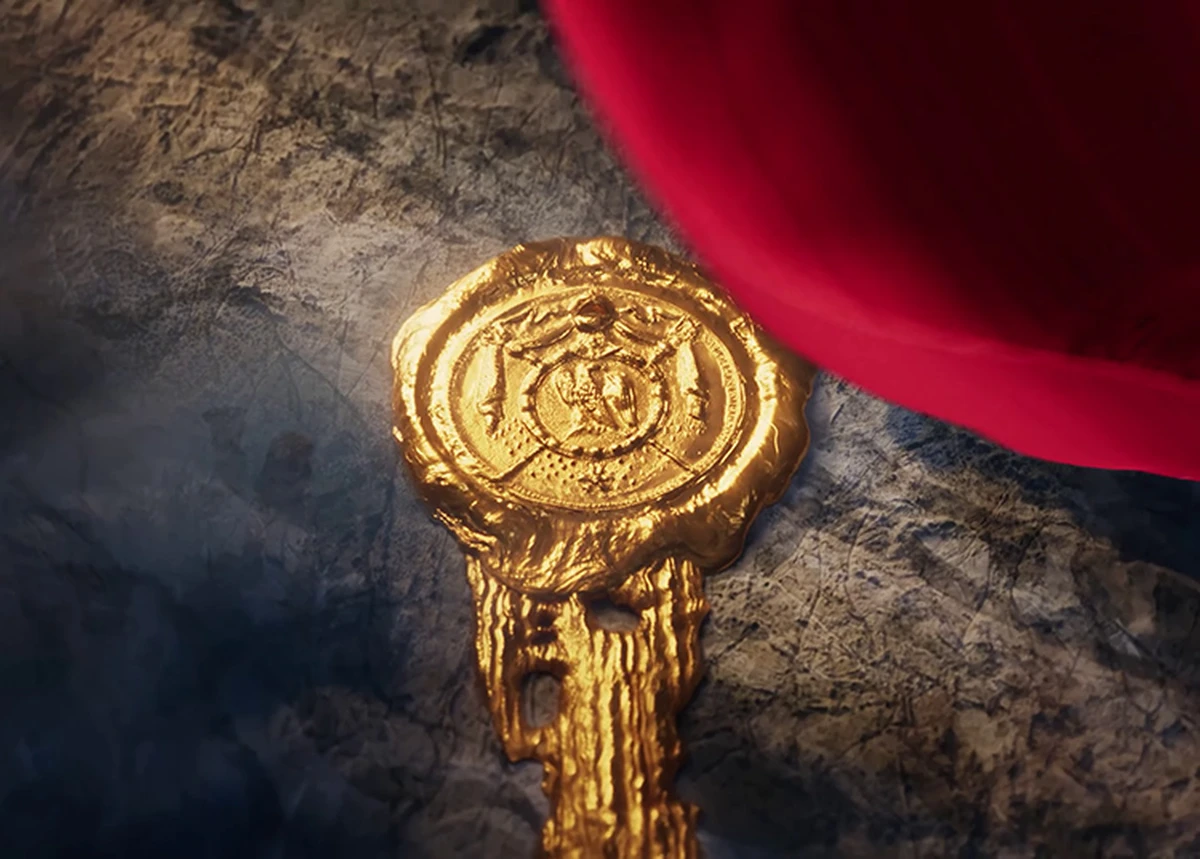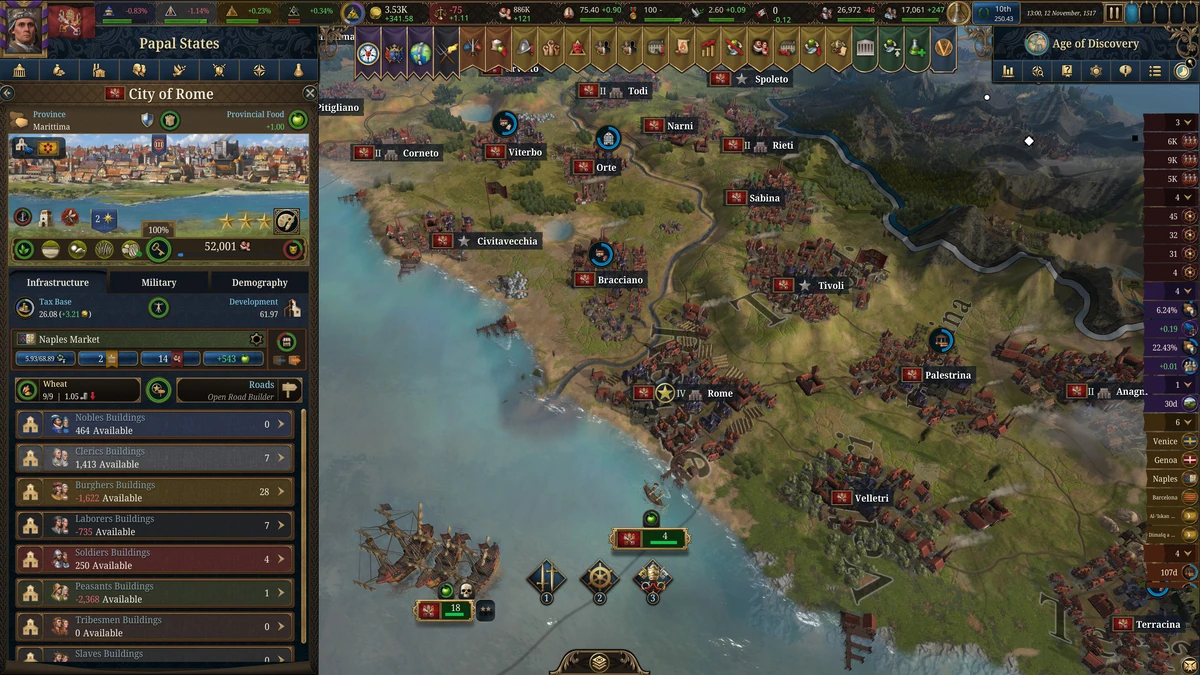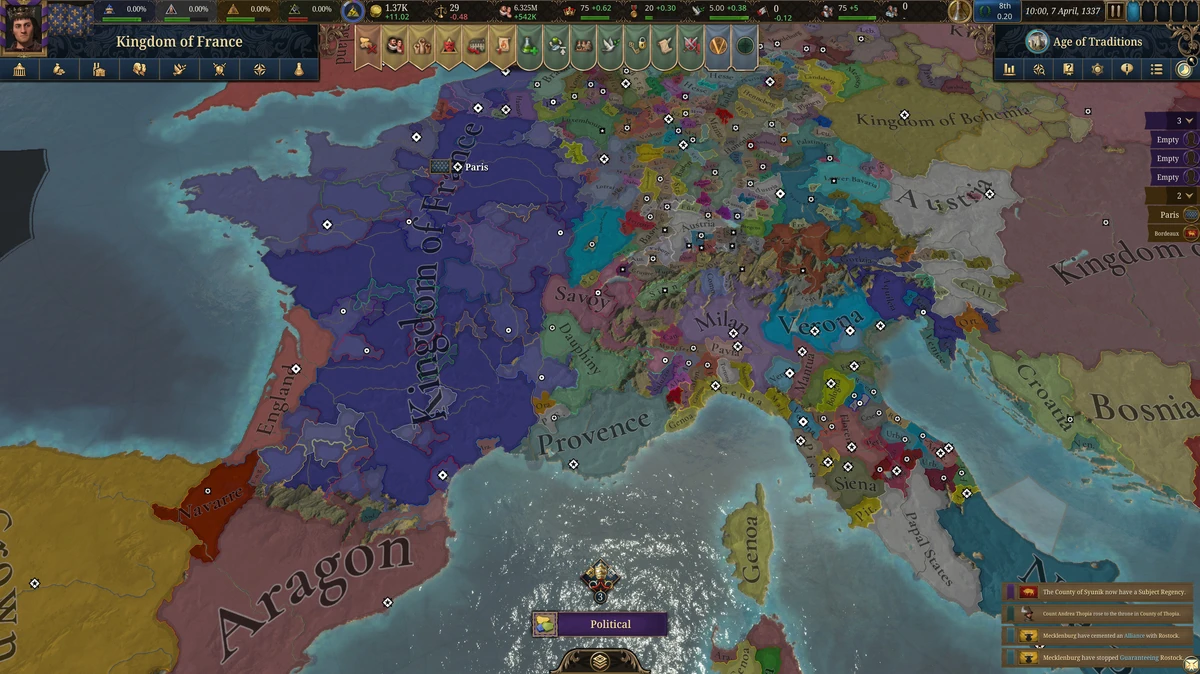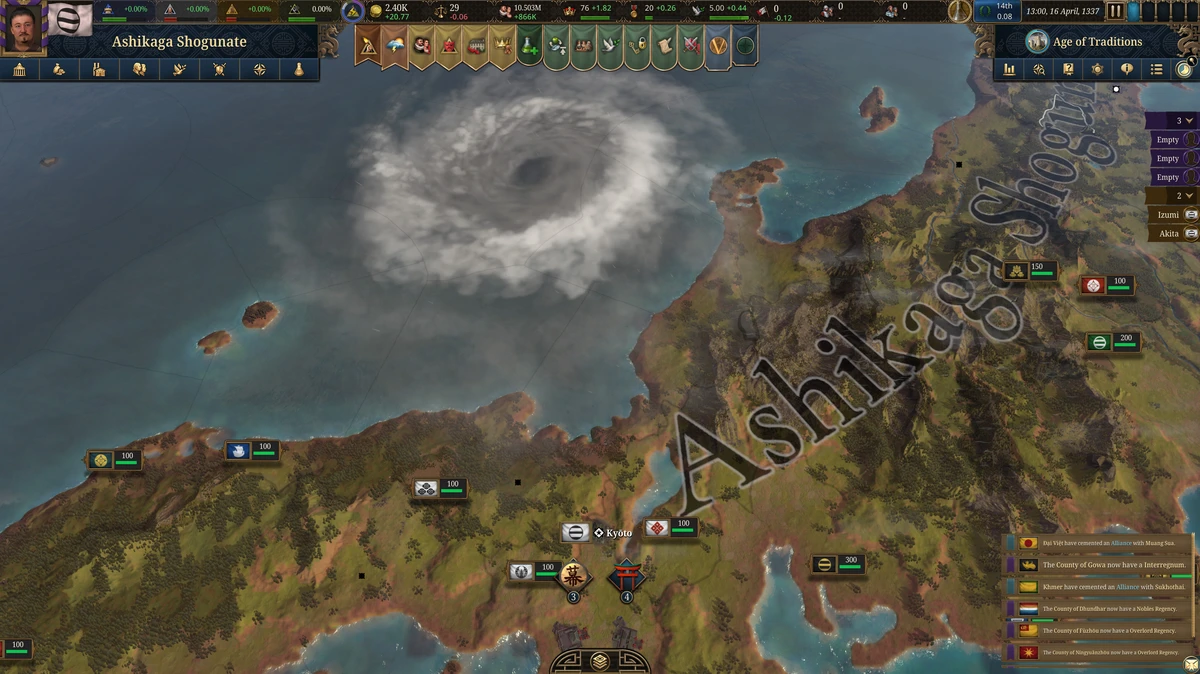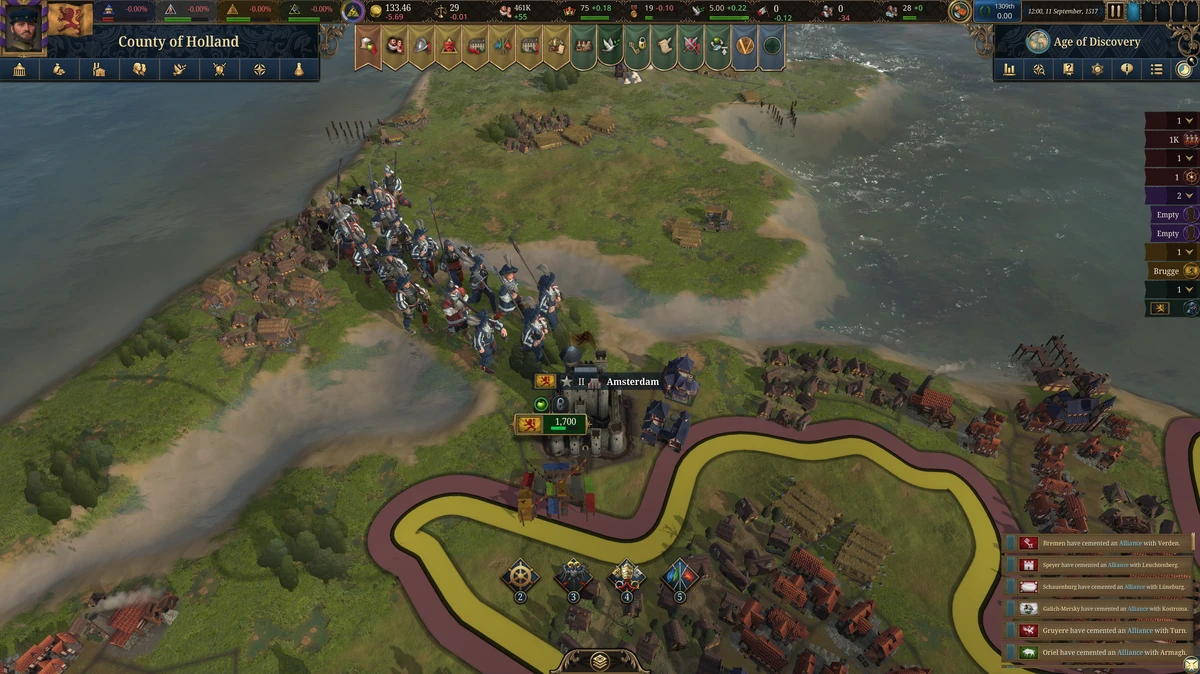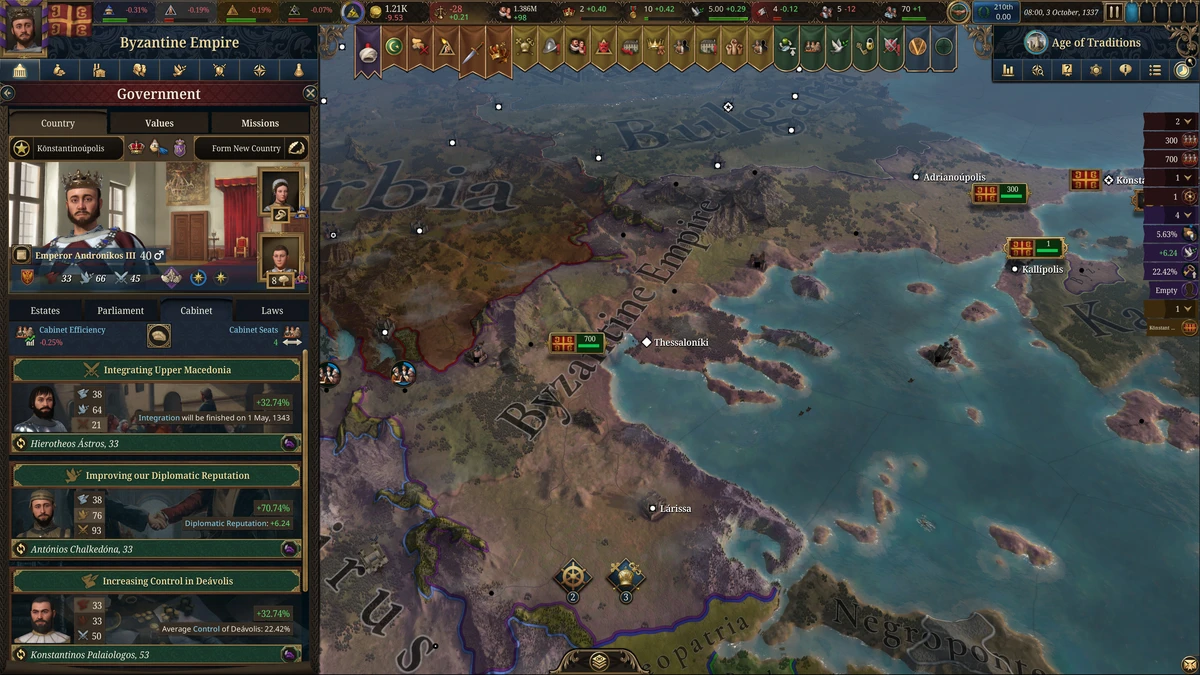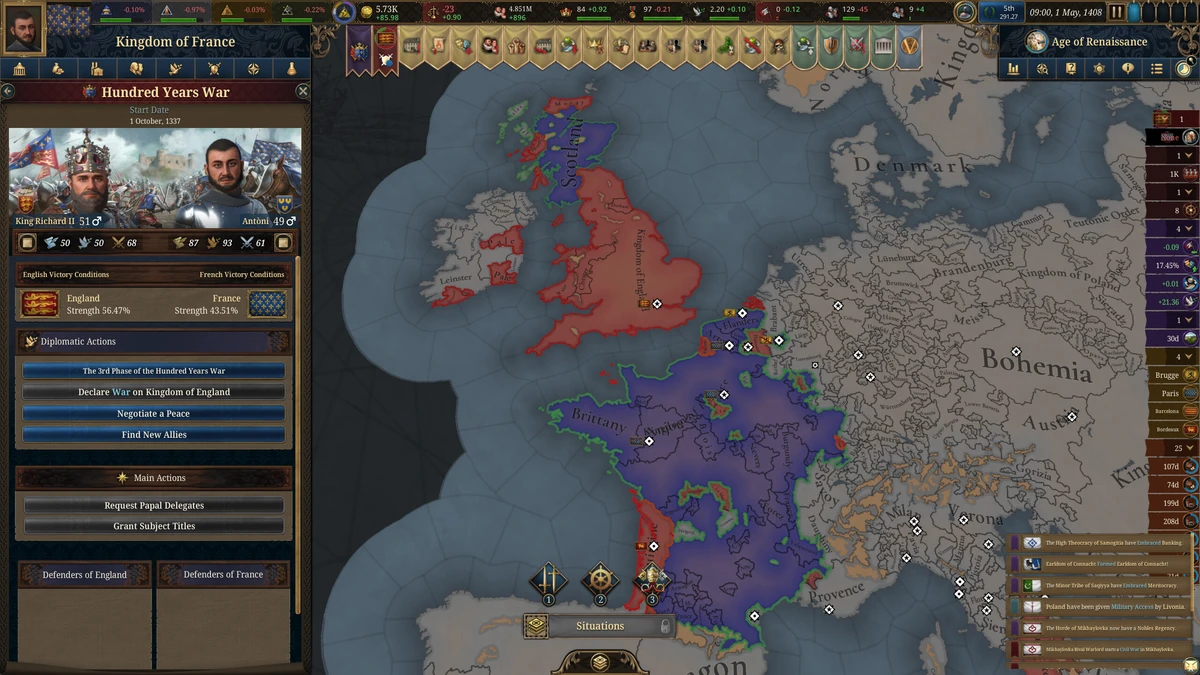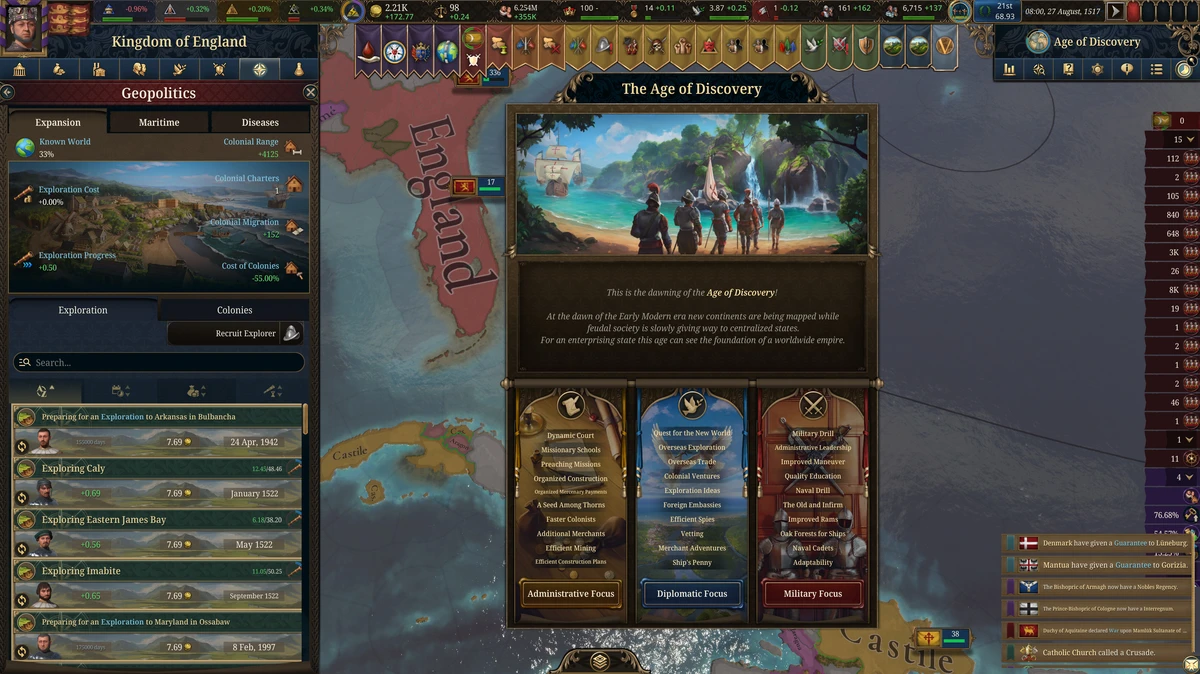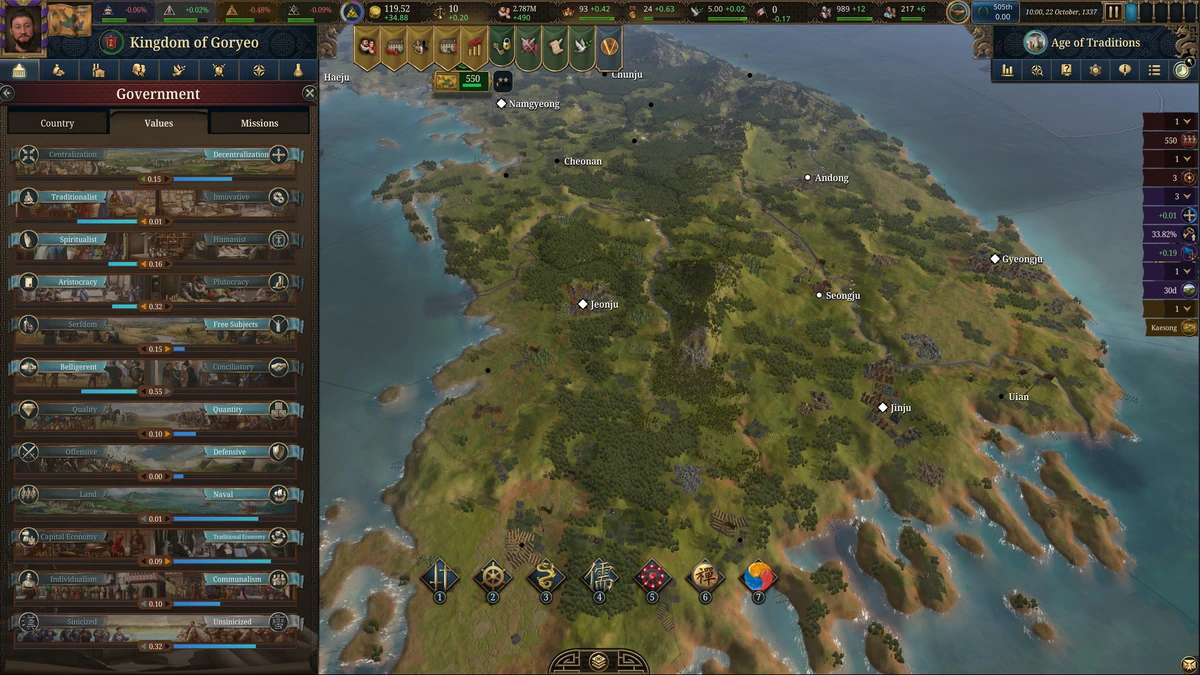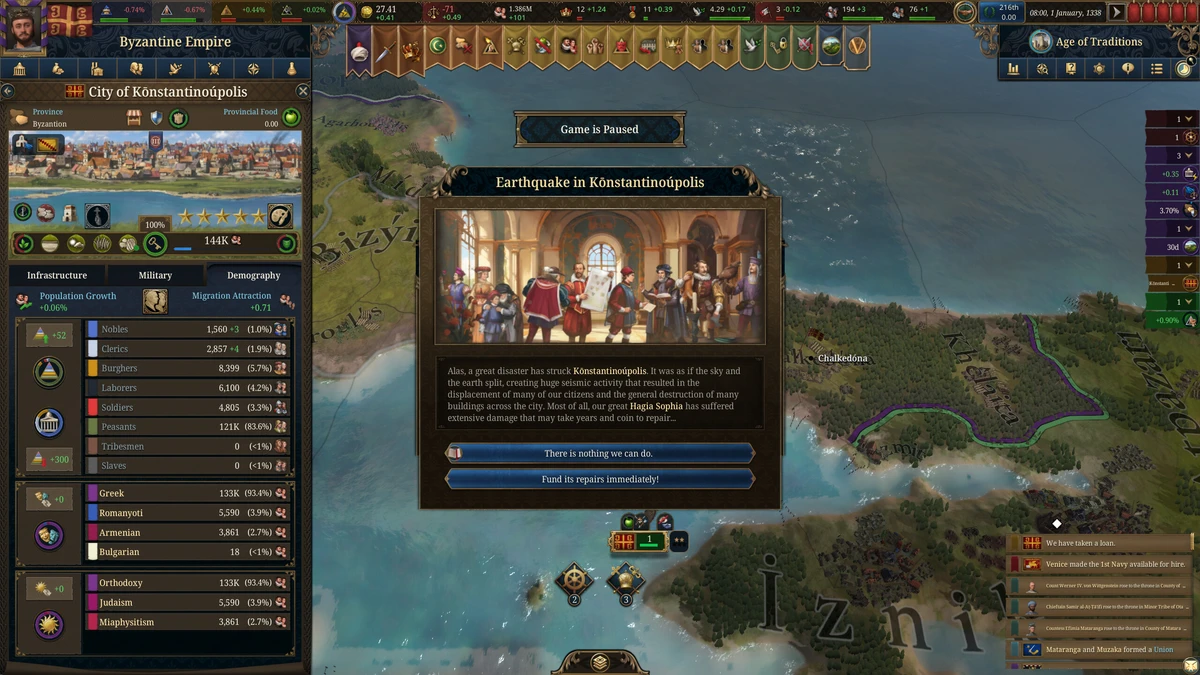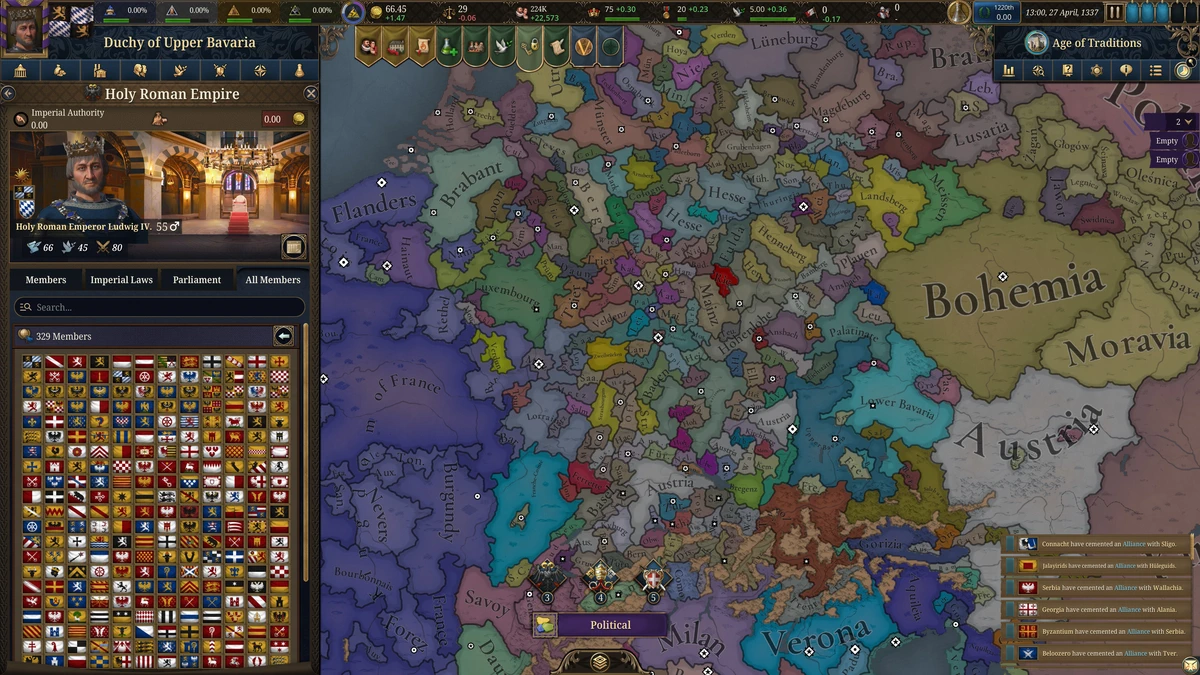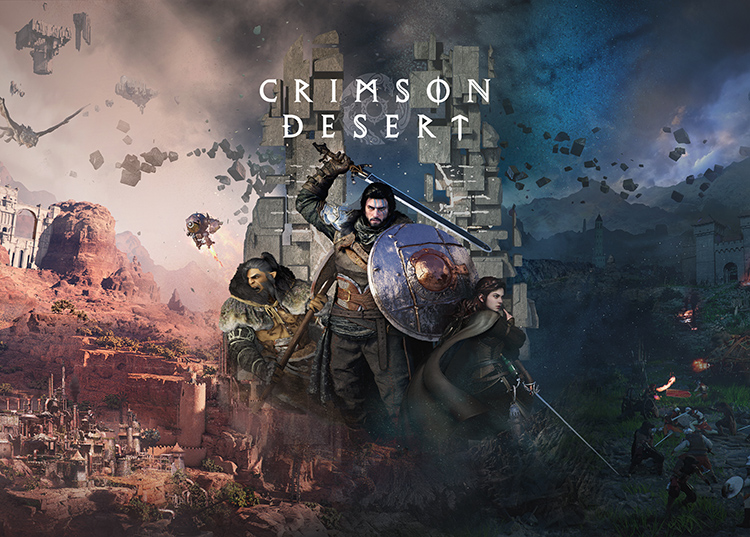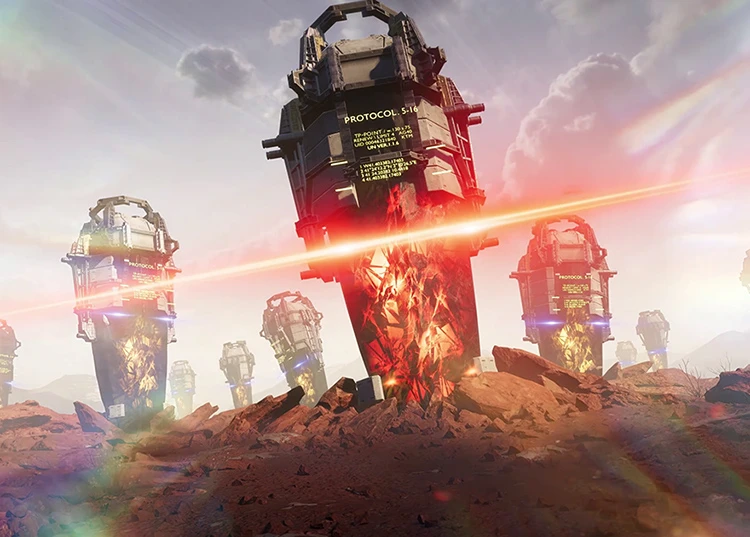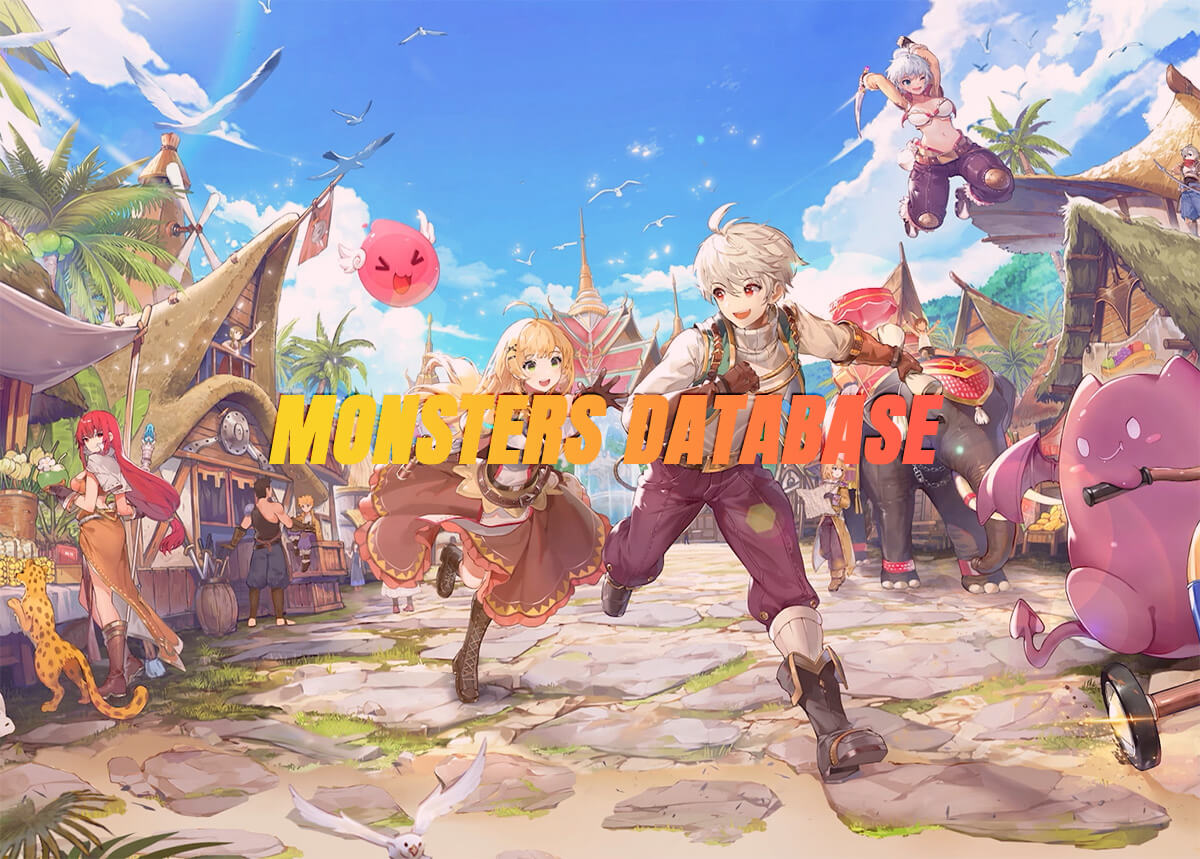Paradox Interactive has announced Europa Universalis V, marking a new era for its flagship historical strategy series. The game, developed by Paradox Tinto over five years, promises to deliver the deep empire-building and alternate history experiences the franchise is known for while introducing modern innovations.
Europa Universalis V incorporates extensive community feedback gathered during a year of public discussions, ensuring longtime fans have a voice in its development. The game builds on lessons from Paradox’s latest historical titles, offering expanded possibilities and greater detail than any previous installment.
The original Europa Universalis debuted in 2000, establishing Paradox as a leader in grand strategy gaming. The fifth entry aims to honor that legacy while pushing the series forward with refined mechanics and a fresh vision. No release date has been confirmed yet.
Here is an overview of Europa Universalis V, via Paradox Interactive:
A New and Larger Map: Using a more accurate map projection to better reflect the size of the continents, Europa Universalis V lets you choose from any of hundreds of different societies. Start as a mighty emperor or a local chieftain or warlord anywhere on earth. A more detailed map allows for a greater number of nations and more varied topographical features.
A Longer Time Scale: The game’s campaign starts in 1337, the year of the opening of the Hundred Years’ War – the great struggle over the French crown that marked the zenith of the late Medieval era. Lead your nation through the Renaissance, the Enlightenment and other historical ages, choosing how you will adjust to an ever changing world.
Population Based System: Departing from the familiar province-focused system of earlier games in the series, Europa Universals V represents the population of each province in detail. Manage cultural and religious tensions in your realm, deal with estates as they wax and wane in power, and meet the basic and luxury demands of this varied population.
Thousands of Historical Events: Watch history unfold before you as the great moments of the past make their mark on your game. Dynamically responding to the game situation, these historical events challenge players to repeat or improve on the great accomplishments of the past.
Detailed Production and Trade System: Build farms, plantations, crafting buildings and factories to provide goods to satisfy your economic and military needs. Or, if your nation can’t provide the things you need, trade for them from neighboring nations.Some buildings require specific goods to be in supply, so you either invest in new industries or make a deal with your neighbors. Use roads, ports and fleets to expand your trading region and enrich your nation by managing the wealth of the world.
Design a Nation to Suit Your Situation: Adopt policies and laws to adapt to your situation as you discover new technologies and ideas. Move towards greater centralization or a looser power sharing arrangement. Build an army based on masses of manpower or a more elite professional force. Will you be tolerant of other faiths and cultures, or advocate for a single faith and single culture? A world of possibilities awaits you.
Deep Military and Diplomatic Systems: Dominate the world through either sword or pen. Rally mercenaries, levies or professional soldiers to your flag as you cut a blood path through history. But be careful! A bloody war fought with levies has a direct impact on your population. Consider a lighter touch, using royal marriages, trade treaties and alliances to expand your power and preserve peace.
